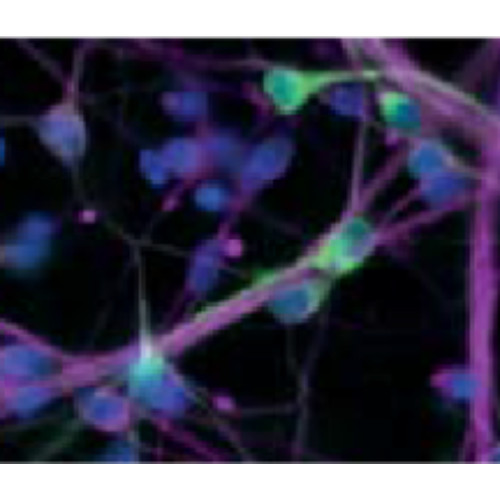Generation of iPSCs carrying a common LRRK2 risk allele for in vitro modeling of idiopathic Parkinson's disease.
Induced pluripotent stem cells (iPSCs) have recapitulated several aspects of Parkinson's disease (PD), but most iPSCs are derived from familial cases, which account for only about 15% of patients. Thus, while the emphasis has justifiably been on using iPSCs to model rare familial cases, models for the most common forms of PD are critically lacking. Here, we report the generation of an iPSC-based model of idiopathic PD (iPD) with or without RS1491923, which is a common risk variant in the LRRK2 locus. Consistent with GWA studies, we found large variability in our datasets. However, iPSC-derived neurons carrying the risk allele emerged for displaying subtle disturbances of cellular degradative systems, in line with familial PD models. We also observed that treatment with the LRRK2 inhibitor CZC-25146 slightly reduced a marker of aSYN pathology in all iPD lines. Future iPSC-based studies may need to be structured similarly to large GWA studies in order to obtain relevant statistical power. However, results from this pilot study suggest that iPSC-based modeling represents an attractive way to investigate idiopathic diseases.
Back to list
